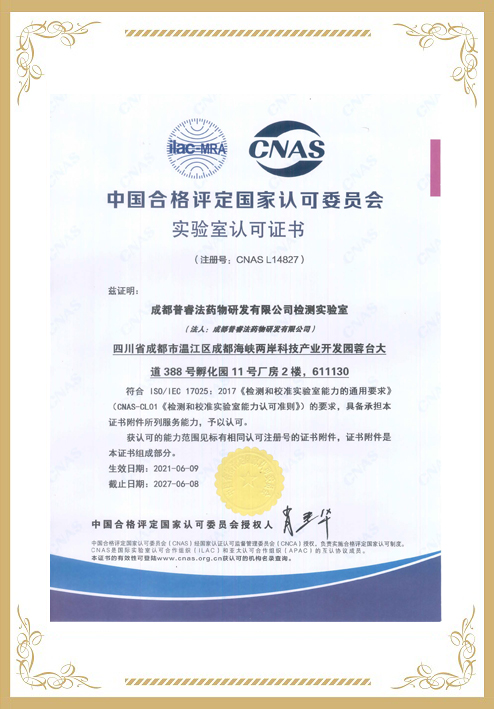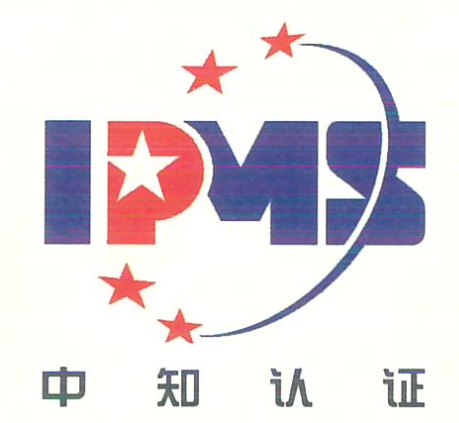Breast cancer (BC) ranks first among women in the world and metastasis is the main reason of cancer death. TEA domain transcription factor 4 (TEAD4) plays an important role in TEAD family members in the Hippo signaling pathway, and its pro-cancer effect is gradually being discovered, but little is known about the mechanism of TEAD4 regulating tumor adhesion and metastasis. Curcumin is an active polyphenol compound with anti-inflammatory and anti-tumor properties. However, its effects and the underlying mechanisms on BC metastasis remain unknown. Here, we show that curcumin reduced the abilities of migration and invasion of BC cells as well as lung metastasis of BC in nude mice by TEAD4 induced. TEAD4 could regulate the transcription level of adhesion molecule Fibronectin (FN1), which is an important component of extracellular matrix participating in tumor cell adhesion and migration processes, and the binding of TEAD4 to the FN1 promoter was suppressed by curcumin. Furthermore, the metastatic mobility was significantly reduced in FN1 knockout BC cells, and FN1 knockout can reverse metastatic potential of TEAD4 overexpressed cells. Our work demonstrates that TEAD4 could promote cell adhesion and migration by binding with FN1 promoter and suggested that TEAD4-FN1 axis in tumor microenvironment is expected to become a potential target for alleviating metastasis of BC of curcumin.
Abbreviations: Breast cancer (BC); Bicinchoninic acid (BCA); Bovine Serum Albumin (BSA); Curcumin at 20 μM (Cur20) and 30 μM (Cur30); Dimethyl −sulfoxide (DMSO); Dulbecco’s Modified Eagle’s Medium (DMEM); Extracellular Matrix (ECM); Fetal bovine serum (FBS); Fibronectin (FN1); Immunohistochemical (IHC); Minimum Essential Medium (MEM); The negative control with infected blank lentivirus (NC); Phenylmethanesulfonyl fluoride (PMSF); Polyvinylidene difluoride (PVDF); Real-time quantitative reverse transcription (RT-qPCR); single guide RNA (sgRNA); short hairpin RNA (shRNA); Human TEAD4 shRNA (shTEAD4); Transcriptional coactivator with PDZ-binding motif (TAZ); TEA domain transcription factor 4 (TEAD4); TEAD4 overexpressed (TEAD4-OE); Vascular endothelial growth factor (VEGF); Yes-associated protein (YAP);























